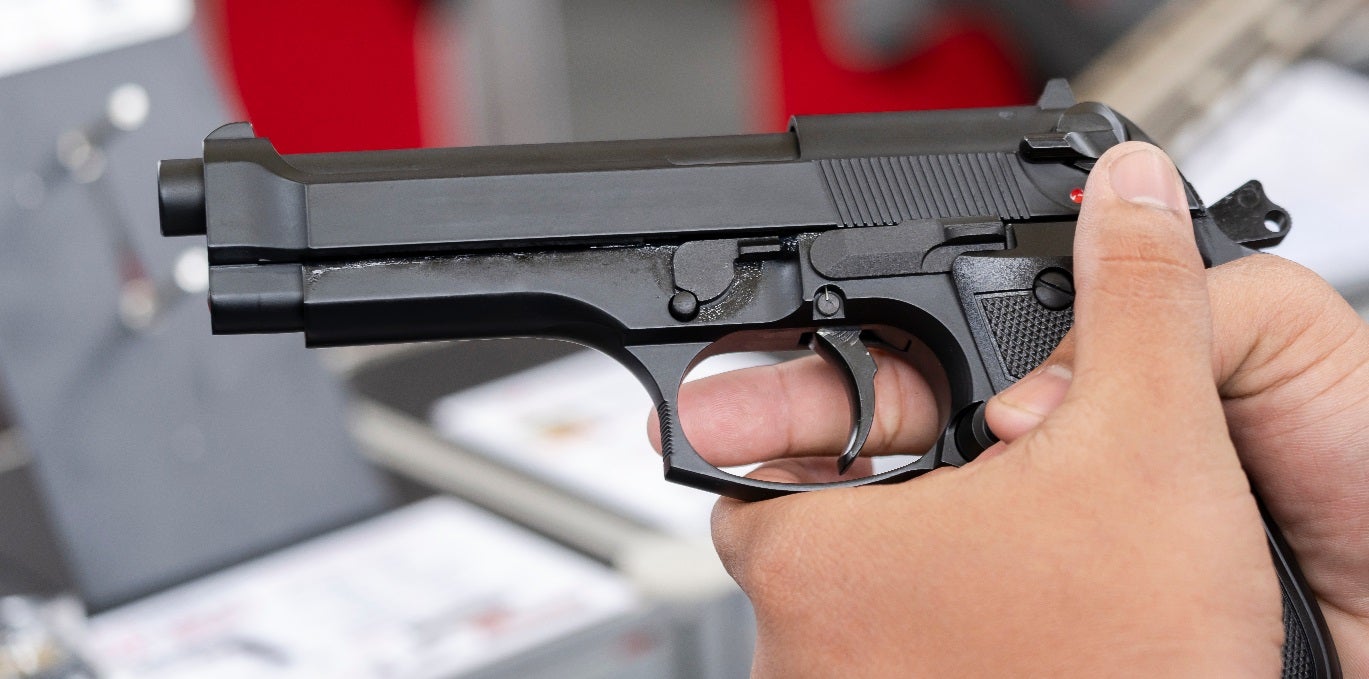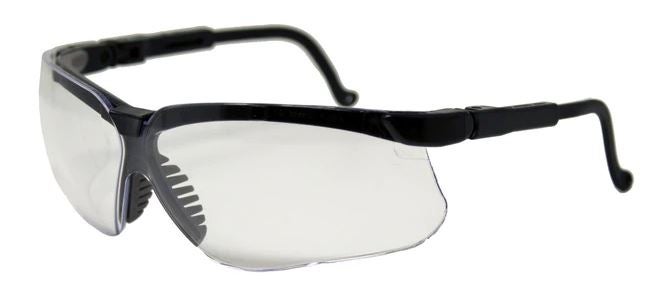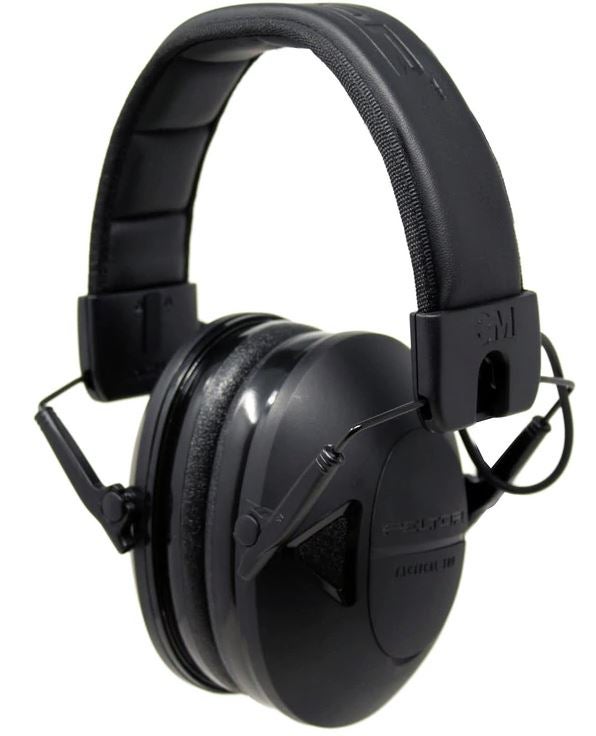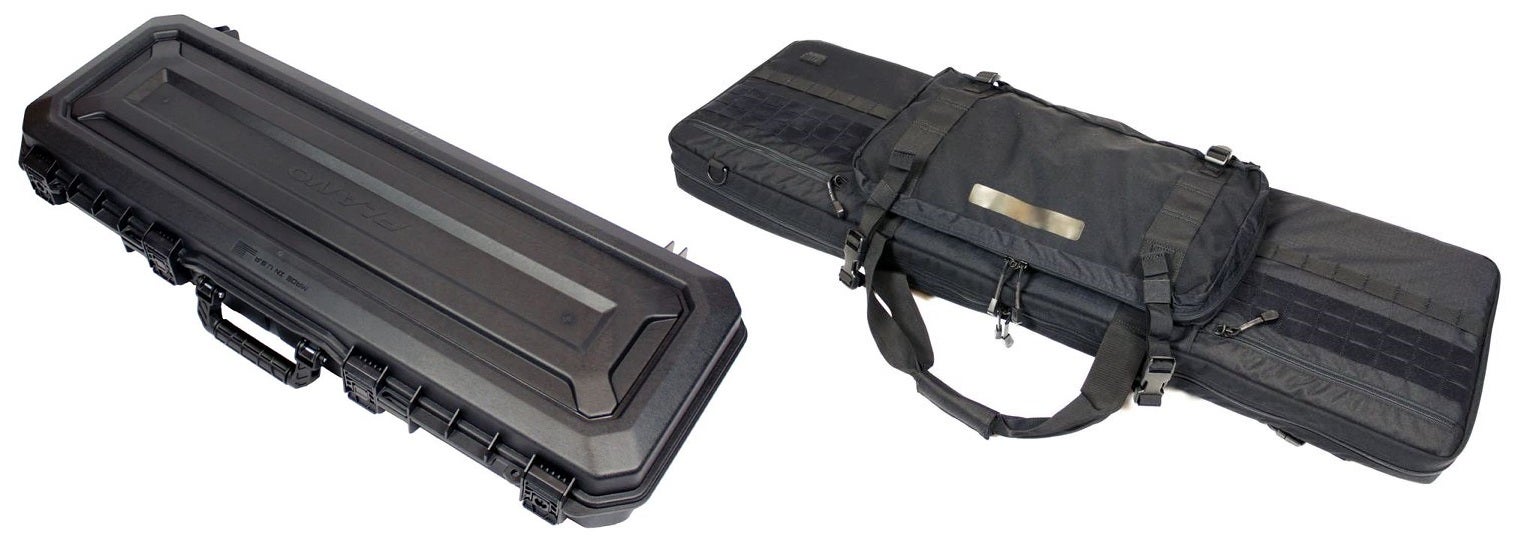AllOutdoor: Mastering The Rules of Firearm Safety
Travis Olander 03.20.23
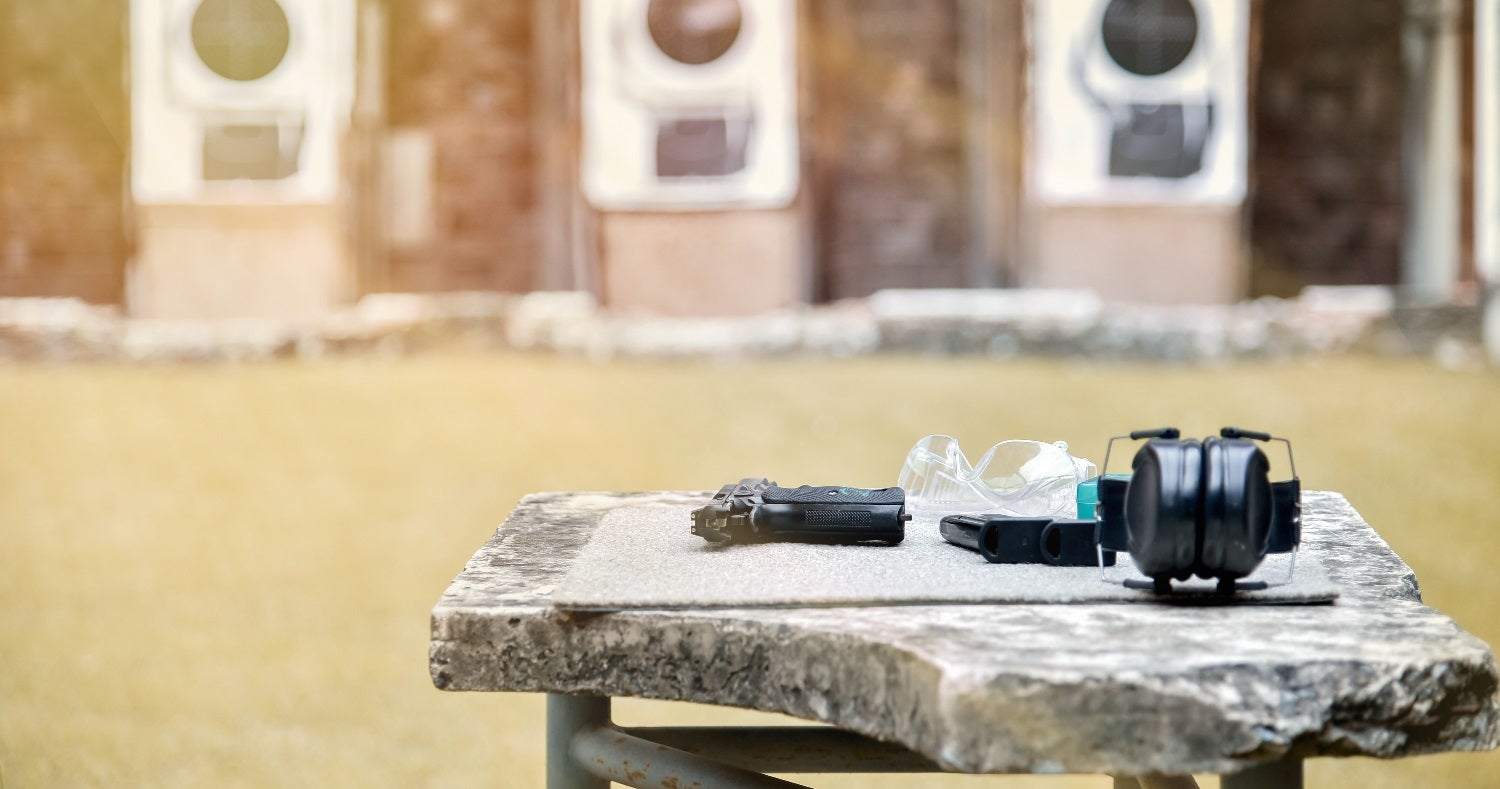
When you access a range to shoot for the first time, you’re probably wondering what rules to follow. Of course, there will be a plethora of signs hung everywhere. You’ll also probably have to sign a few waivers and forms. Inside the range, there will likely be an observer, often called a “Range Officer,” who will make sure everyone’s shooting safely. But you don’t want to look like that new shooter. We’re covering the four rules of firearm safety, and going over what PPE (personal protective equipment) you should wear. Follow these best practices and you’ll look like a seasoned, discipline marksman.
The Four Rules of Gun Safety
The purpose of these four rules is to prevent what’s called a negligent discharge (“ND”), or accidental discharge of a live round from a firearm. This is a felony in virtually every locale and state. Pulling the trigger or sending a live round off in an unsafe environment could not only result in imprisonment, but property damage, serious injury, or death.
1. Treat every firearm as if it’s always loaded.
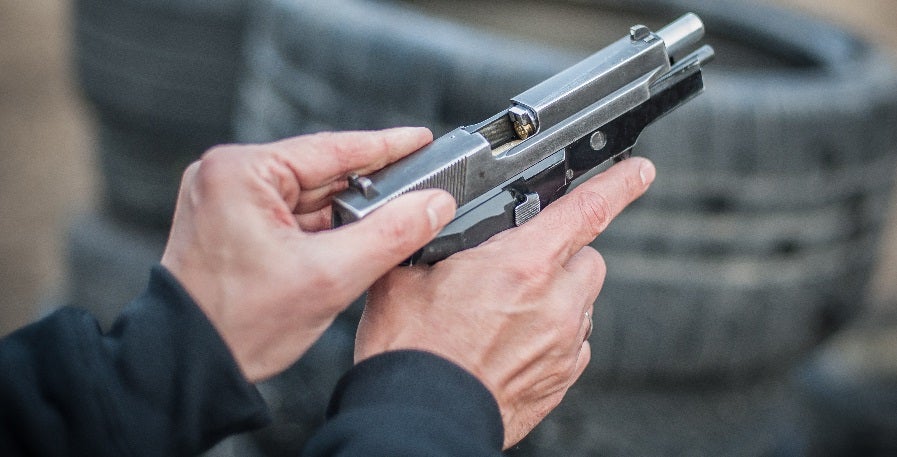
Any time you handle a firearm, you should check the chamber and magazine (or cylinder, if handling a revolver) to ensure the firearm is unloaded. However, you must still treat that firearm, and any other firearm you handle, as if it’s loaded at all times. Why? It’s always safer to assume a firearm might be loaded and to treat it accordingly, than to assume it is unloaded and to handle it in a way that could result in an ND. Around 1.5% of firearm-related deaths result from accidental discharges.
2. Always point the muzzle in a safe direction.
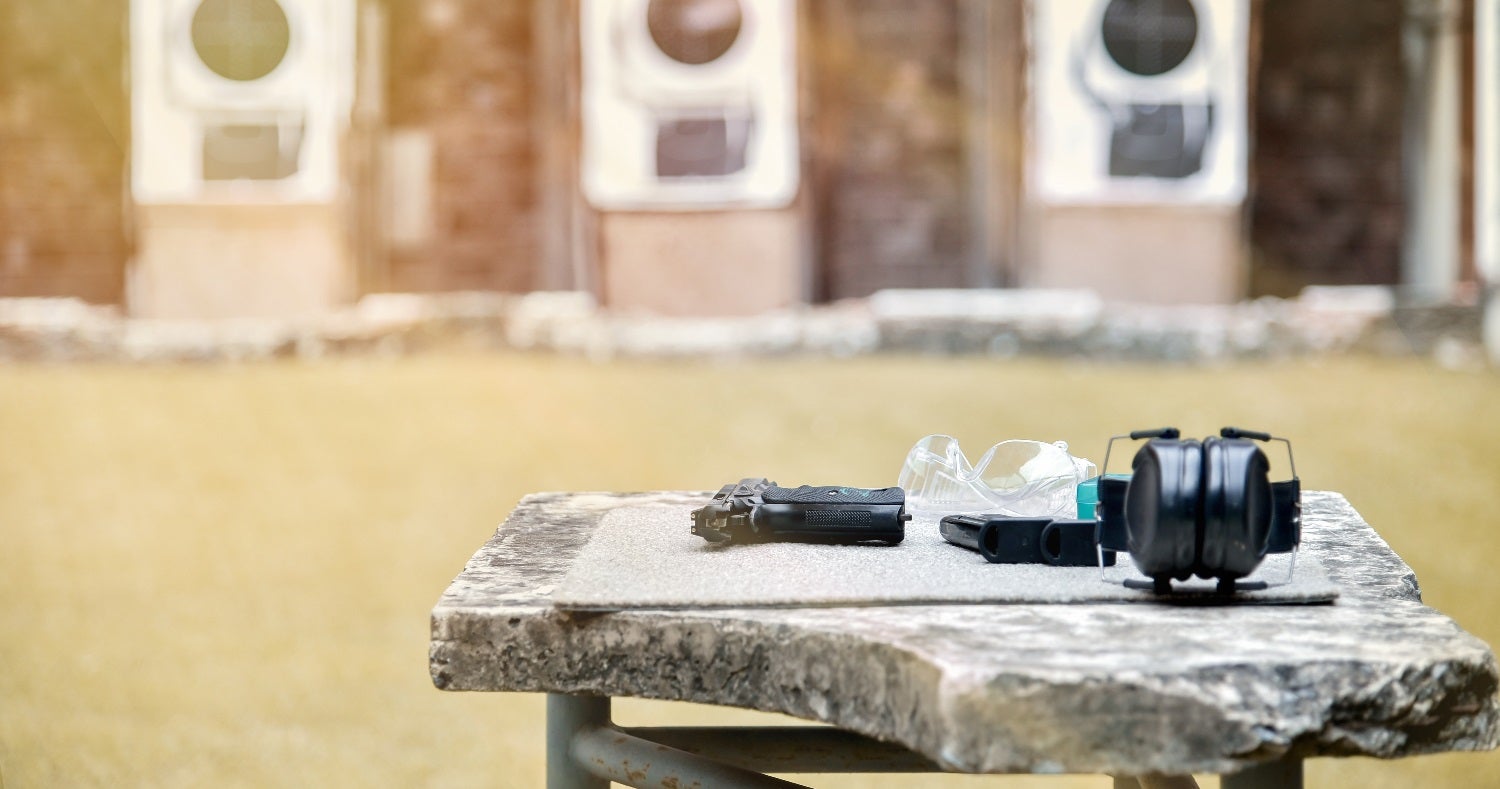
Down is usually the safest direction. Never point the muzzle (end of the barrel) of a firearm at anything you don’t intend to destroy. Violating this rule, in combination with violating rule #1, is what contributes to that 1.5% statistic. In fact, violating this rule at a gun store or shooting range could get you kicked out quicker than you can apologize. If you’re at a firing range and you’re not handling your weapon, place it on the shooting bench so the muzzle is pointed downrange.
3. Keep your finger off the trigger until ready to fire.
You’ll immediately get noticed at the gun range or gun store if you fail to follow this rule. In fact, check social media posts picturing a marksman or person handling a weapon. If their finger’s on the trigger, you’ll probably notice a sea of comments calling out this poor behavior. Failing to keep your finger off the trigger unless you’re actively shooting is a telltale sign you’re a new (or simply undisciplined and unsafe) shooter. Even if rules #1 and #2 are violated, adhering to this rule is the last of defense against a negligent discharge. Range Safety Officers will call you out for this behavior, if they don’t simply remove you from the range altogether.
4. Know your target and what’s behind it.
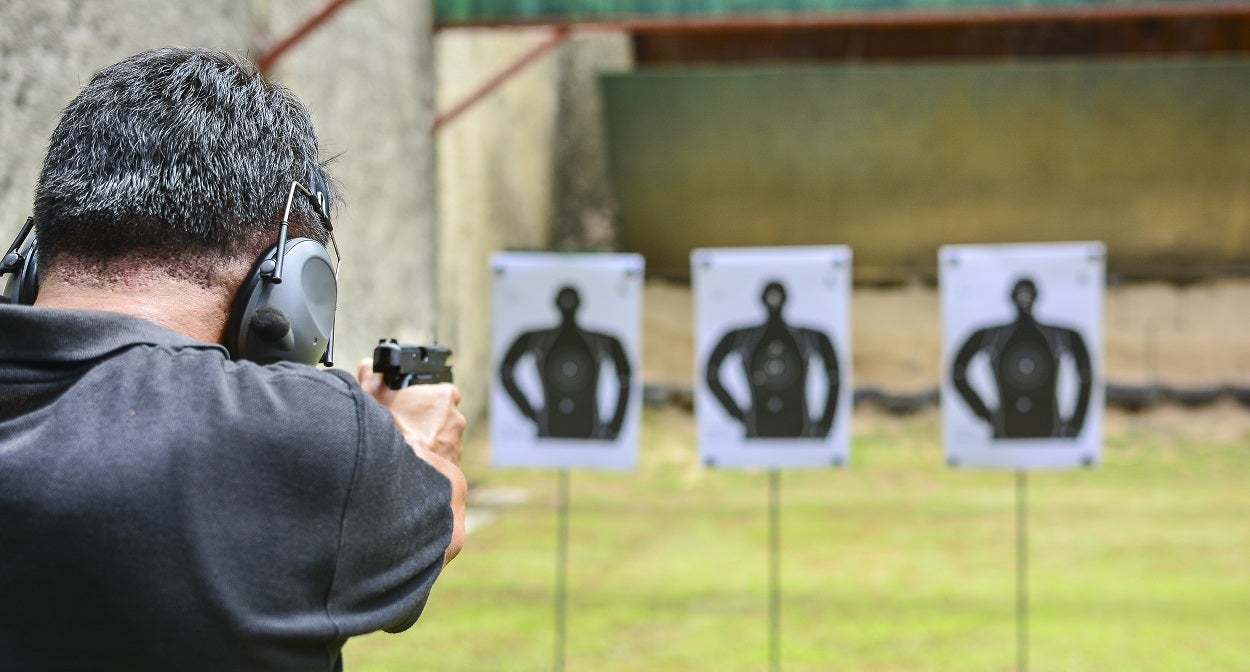
This is particularly important if you’re shooting at a public range or on public land, or in the worst case, if you find yourself in a self-defense scenario involving your firearm. You must know what your target is with confidence, and everything behind it. Even small rimfire calibers can penetrate walls and structures, remaining lethal on their flightpath. You must ensure you’re shooting into a safe backstop, wherein collateral damage, injury, or death will not result from a wayward round.
Property Shooting Safety Gear
Here’s a brief summary of the equipment you’ll need to bring with you to access most shooting ranges:
1. Shooting Glasses
Virtually every private and public range requires you to wear shooting glasses. This is simply for liability’s sake. Most Range Safety Officers won’t let you access the range without presenting them. These Howard Leight shooting glasses provide adequate protection, and they’re pretty affordable.
2. Hearing Protection
Even a single un-suppressed gunshot is enough to cause permanent hearing damage. You must wear adequate hearing protection while shooting, even if you’re starting out with something simple, like a .22 LR. Yes, even that rimfire will cause hearing loss. The Peltor 100’s shown above are electronic hearing muffs, and they provide good protection. You’ll also need to double up any pair of shooting muffs with earplugs to achieve adequate noise reduction.
3. Gun Case (Hard or Soft)
Lastly, you’ll need at least one soft case to carry your rifle or pistol to and from the range. It’s simply a bad idea to leave your firearm out in the open, especially while driving. If you get pulled over with a long gun and magazines laying about, you’re bound to have a rough day. Most ranges require that your firearms be carried in proper containers, too. A decent soft or hard case doesn’t cost much, and either one will provide basic protection for your firearm against damage.
What other range gear should I get?
There’s a plethora of accessories and shooting equipment that can make your day at the range more enjoyable, while also making it easier to shoot.
Recap
One more time for good measure, here are the four rules of firearm safety:
- Treat every firearm as if it’s always loaded.
- Always point the muzzle in a safe direction.
- Keep your finger off the trigger until ready to fire.
- Know your target and what’s behind it.
When you visit the range for the first time, make sure you have this equipment:
- Eye protection
- Hearing protection
- Soft or hard gun case
